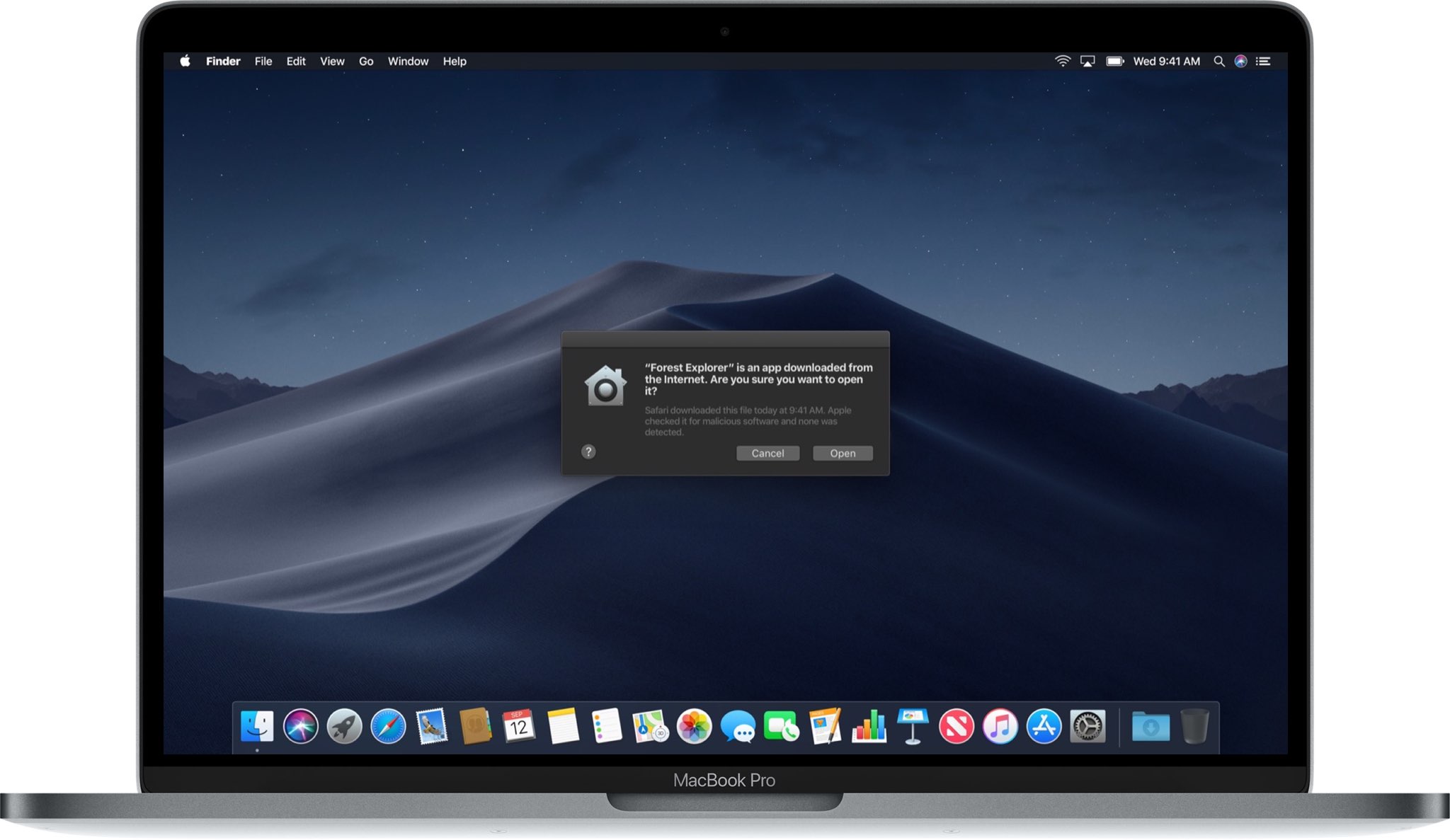Apple released the Golden Master version of its macOS Catalina operating system this week, followed by two updates to developer builds. In connection with the upcoming release of the full version of this operating system, the company also calls on developers to properly prepare for the new version of macOS and adapt their applications to it.
All software distributed outside the App Store must be properly signed or authenticated by Apple. Apple has relaxed its requirements for verified apps this month, however all versions of their software need to be tested in macOS Catalina GM and then submitted to Apple for notarization. With this process, Apple wants to ensure that users get applications that, regardless of their origin, can be run on their Mac without any problems or security concerns.
Apple also encourages developers to feel free to use all the new features that macOS Catalina offers and the tools that come with it when creating and customizing their apps, whether it's Sidecar, Sign in with Apple or even Mac Catalyst, which allows for easier transfer iPad apps on Mac. Developers will need to develop their apps using Xcode 11.
In order for Gatekeeper on Mac to enable the installation and launch of a given application, it is necessary that all its components, including plug-ins and installation packages, have successfully passed the approval process from Apple. The software must be signed with a Developer ID certificate, thanks to which it will be possible not only to install and run the application, but also to take advantage of other benefits, such as CloudKit or push notifications. As part of the verification process, the signed software will be examined and security checks will be carried out. Developers can submit both released and unreleased applications for notarization. Applications that do not pass notarization will not be able to be installed or run on the Mac in any way.
